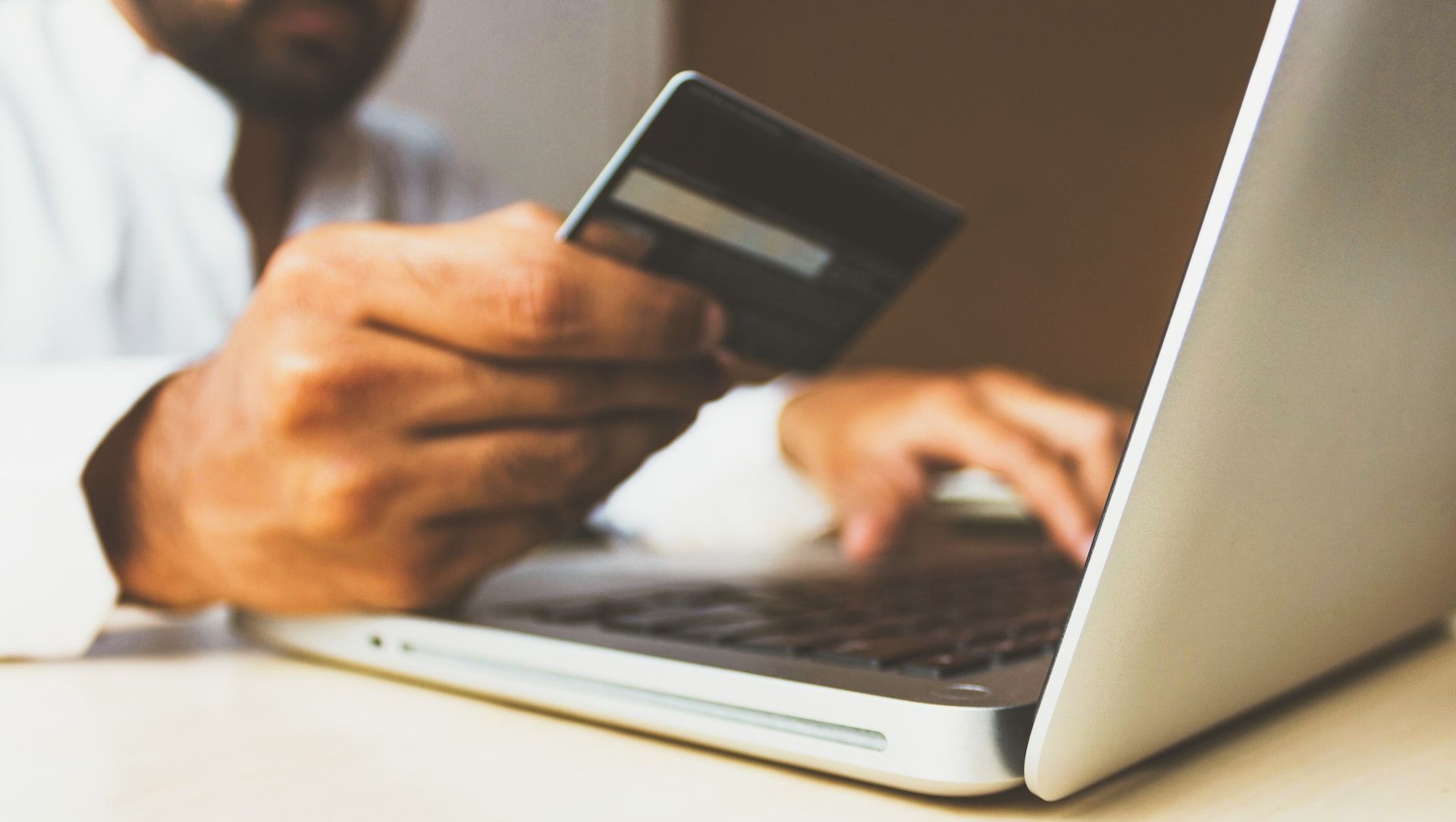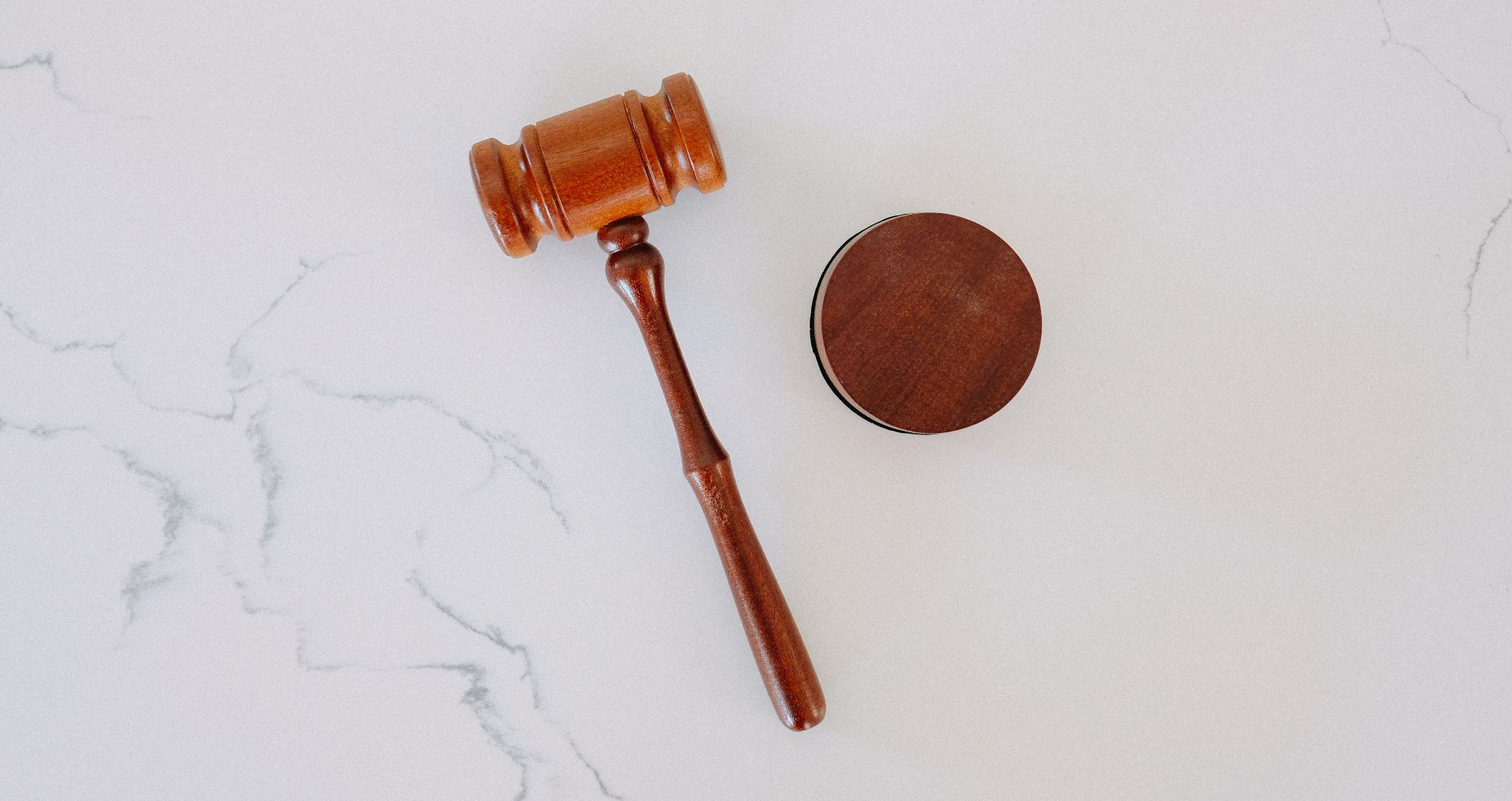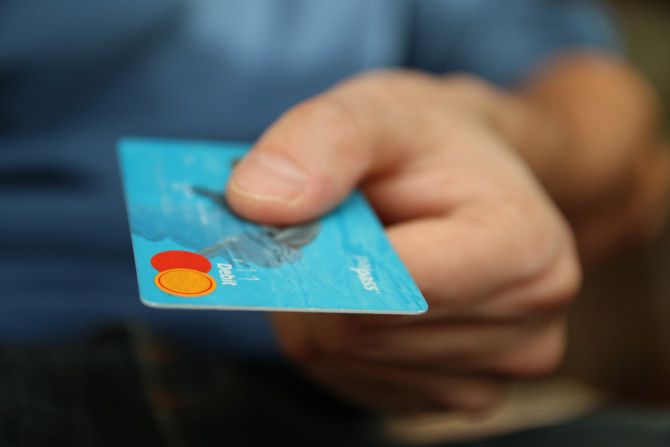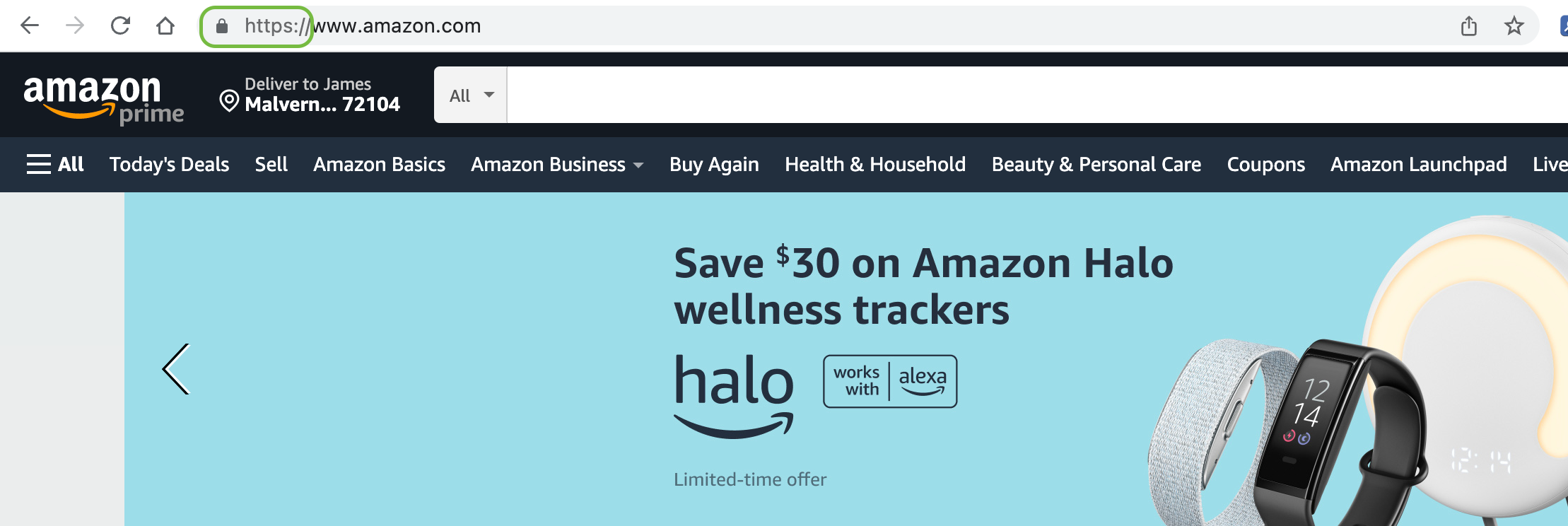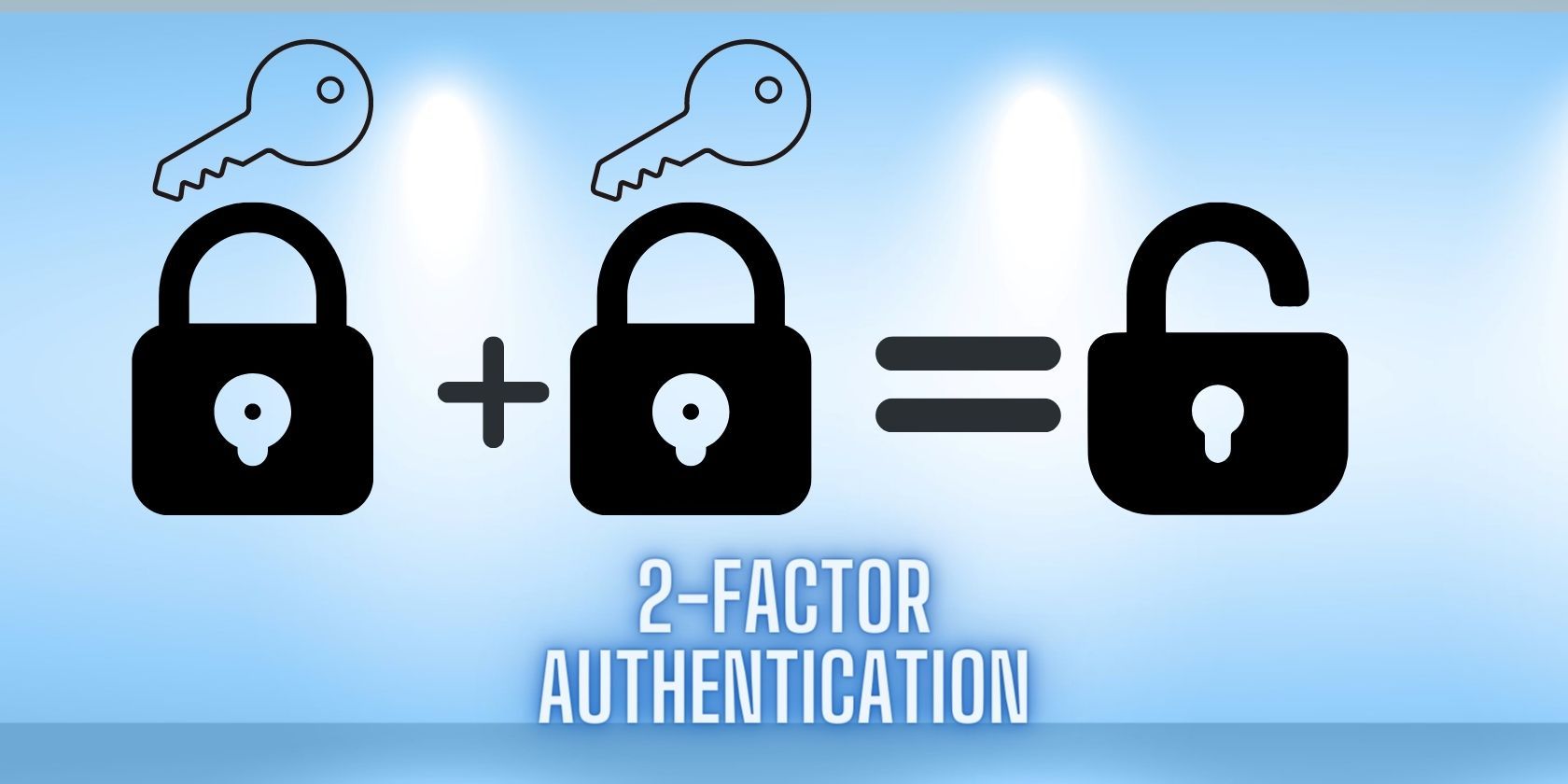Financial fraud can be devastating, but what are the differences between a credit card and a debit card scam? Should you use one kind of card over the other when buying online?
Let's break down the fraud protection for both card types. Is one better than the other?
What Is Card Liability?
When your card is stolen or used in financial fraud, you may find yourself under "liability." Liability is when you have fees imposed upon you due to the misuse of your card. These fees can add to the list of problems from having your card scammed, so keeping your liability fees low is essential.
Your Liabilities With Credit Cards
Liability with credit cards will vary depending on your country. For example, in the US, the Federal Trade Commission states the maximum amount of money you have to pay in liabilities is $50; Canada's maximum liability for unauthorized use of a credit card is also $50. In Australia, it's $150. Sometimes, the bank won't bother with this fee, and you'll resolve your dispute without paying.
Your Liabilities With Debit Cards
Debit cards work a little differently. You won't pay any liabilities if you report the card as stolen or compromised before the scammer makes transactions. If you report the fraud up to two days after the scam, your liability is $50. Wait until 60 days, and it grows to $500. After 60 days, the liability becomes unlimited, meaning you could potentially lose out on claiming your money back.
The Legal Case for Card Purchases
For some countries, getting your scammed money back isn't just a courtesy; it's the law. Unfortunately, it can depend on which card you use and how you use it.
Legal Rulings for Credit Cards
The US has the Fair Credit Billing Act (FCBA) for credit cards. If you make a purchase of $50 or more with a credit card, you can raise problems with the card issuer. These reasons can range from an item lost in the mail to a faulty product on arrival.
The UK has its version of this act called Section 75. This law covers all credit card-related purchases between £100 and £30,000. Similar to the US version, Section 75 includes any sales made under false advertising and faulty goods on arrival.
Legal Rulings for Debit Cards
As you may have guessed, you don't get these protections with a debit card. If something goes wrong with your purchase, you can't take it up with your card provider. You have to communicate with the seller and hope you can work something out.
How Scams Affect Your Funds With Cards
It's also good to note that a credit card scam won't play out identically to a debit card scam. This is due to what finances the scammer accesses during the fraud and how it affects your balance.
What Happens If a Scammer Uses Your Credit Card?
Let's assume the worst-case scenario where the scammer uses all the money on the card. If the scammer got hold of your credit card, the card's upper limit defines how much they can spend. This threshold limits the amount a scammer can use and doesn't give them a "blank checkbook".
On top of that, consider whose money the scammer uses during a scam. When you use a credit card, the bank covers the cost. If a scammer uses your credit card, it'll come out of the bank's pocket while your funds remain unaffected. This means you can still purchase goods with your funds while the bank recovers its cash.
However, it's worth noting that while you may not be liable for fraudulent charges on your credit card, you may still experience inconvenience or disruption in your financial life due to a credit card scam. For example, you may have to cancel your card and get a new one, which can be a hassle.
Additionally, if the scammer spends a large amount of money on your card, it may take some time for the bank to investigate and resolve the issue. During this time, your credit limit may be reduced, or your card may be suspended.
What Happens If a Scammer Uses Your Debit Card?
However, should this scenario happen with your debit card, the scammer will have access to your funds. In a worst-case scenario, they'll drain the account and leave you with only the money in your wallet.
While you'll likely get this money back if you respond quickly, you still need to pay bills and buy groceries until the case is solved. Before that happens, you might need to get into a deeper financial mess to make ends meet while the bank investigates the scam.
How to Keep a Debit Card Safe Online
Right now, we've made an excellent case for using your credit card when purchasing online. The fees involved with rectifying a scam are smaller, laws protect your expensive credit card purchases, and any successful scams will take money from your credit card balance instead of your main account.
But what if you don't have a credit card? Perhaps you suffer from bad credit, can't apply for a credit card yet, or don't want the temptation of using credit. Whatever your reasons, the above points may make you unsure about using your debit card. It's still safe to use; however, you must be more careful.
Limit Access to Debit Card Details
First, you can limit how many companies see your debit card number. You can use legitimate payment services, such as PayPal, to handle your cards instead. When you use PayPal to purchase something, the website never sees your payment details; PayPal keeps that information safe from them. These services typically offer Buyer Protection too.
Be careful with any documents that contain your debit card details. You shouldn't write down your card number or PIN anywhere people can find them. The same word of caution applies to documents stored online that contain your financial details. If a hacker gains access to them, they can use the information to perform scams and identity theft.
Monitor Your Account and Keep the Physical Card Safe
Regularly check your account statements and report any suspicious activity to your bank or financial institution as soon as possible. This can help prevent further unauthorized charges and minimize the impact of any fraud.
And, of course, the most important and obvious protective measure involves keeping your physical card safe!
Use Secure Websites for Online Shopping
When shopping online, look for websites that use secure connections, indicated by the "https" prefix in the URL and the padlock icon. Avoid using public Wi-Fi networks for online shopping, as they may not be secure.
Use Autofill When Possible
Some modern browsers allow you to save debit card details in the autofill settings. This feature means you don't need to enter your card number every time you shop; you only need the CVC to finalize purchases.
While this is a useful way to save time, it also defeats any keyloggers that sneak onto your system. Keyloggers only look at what you're typing on your keyboard, and can't monitor much else. As such, if you use autofill and never type your details, a keylogger can't harvest your information.
Use Strong Passwords and Up-to-Date Security Settings
Use strong, unique passwords for each of your accounts. Keep your phone, computer software, and security measures up to date to help protect against malware and other online threats.
You might consider two-factor authentication, which requires an additional step, such as entering a code sent to your phone, to verify your identity before making a purchase. This can help protect against unauthorized access to your account.
Using multifactor authentication also guards against Card-Not-Present (CNP) fraud. CNP is the most prevalent type of credit card fraud, according to CardRates.
Consider Newer Payment Methods
Several other digital payment methods threaten the need for physical cards. Digital wallets (e.g. Apple Pay, Google Pay) and payment apps (e.g. Venmo, PayPal) have taken the online shopping world by storm. These newer payment methods may offer additional fraud protection such as fraud monitoring or the ability to dispute transactions, and are likely to ultimately replace cards.
Consider Debit Card Fraud Protection Services
Some debit cards may offer additional fraud protection services such as fraud monitoring or the ability to dispute transactions. These services can help protect against fraud.
Making the Most of Your Credit Card
Credit cards can be financially risky, as some people can't resist the temptation to buy things now and pay them off later. For scams, however, credit cards are often covered by the law, don't have significant liabilities, and shouldn't do much damage to your funds after a scam.

